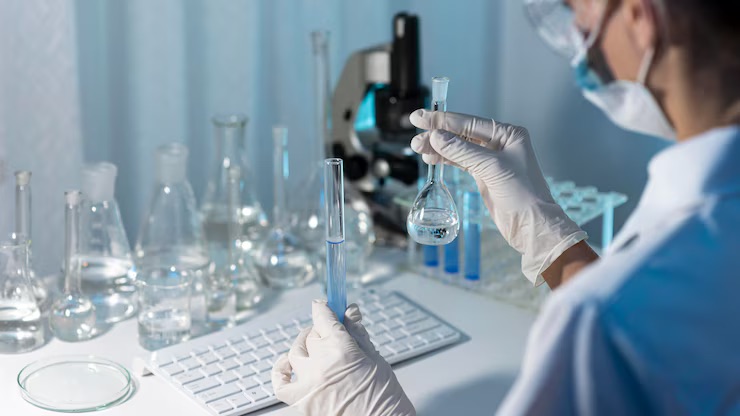
Microsoft has unveiled a new platform, Microsoft Discovery, at its Build 2025 conference, which is designed to accelerate the scientific discovery process using agentic AI. The platform is said to be “extensible” and capable of handling science-related workloads end-to-end, according to a press release from the company.
The goal of Microsoft Discovery is to revolutionize the scientific research process by utilizing AI to assist in everything from scientific knowledge reasoning to hypothesis formulation, candidate generation, simulation, and analysis. Researchers will be able to collaborate with AI agents to help drive faster, more accurate, and scalable scientific outcomes by leveraging advancements in AI and supercomputing.
Industry Competitors and Skepticism Around AI
Microsoft is not alone in its belief that AI can play a key role in scientific discovery. Earlier this year, Google introduced its “AI co-scientist” to help scientists formulate hypotheses and research plans. Companies like Anthropic, OpenAI, FutureHouse, and Lila Sciences also argue that AI could significantly accelerate breakthroughs, particularly in fields like medicine.
However, there’s skepticism among many researchers who view current AI tools as unreliable for guiding the scientific process. While AI might be useful for narrowing down large datasets or generating possibilities, it is still unclear if it can offer the innovative problem-solving needed for true scientific breakthroughs.
Thus far, AI-assisted discoveries have yielded mixed results. For example, Google’s GNoME AI helped synthesize 40 new materials, but an external analysis showed none of them were actually novel. Other firms using AI for drug discovery, such as Exscientia and BenevolentAI, have also experienced high-profile clinical trial failures.
Despite these challenges, Microsoft is hopeful that its new initiative will succeed where others have struggled.
What The Author Thinks
Microsoft’s approach with Microsoft Discovery could have a significant impact on scientific progress, but it remains to be seen whether AI can truly solve complex problems and foster genuine breakthroughs. While AI tools show promise, their current track record in fields like drug discovery and material science has been less than stellar. If Microsoft can overcome these hurdles, it could change the way science is done, but only time will tell if AI will become the game-changer it’s hyped to be. The technology’s reliability and ability to perform true out-of-the-box thinking are key factors in determining its future role in innovation.
Featured image credit: Freepik
For more stories like it, click the +Follow button at the top of this page to follow us.
